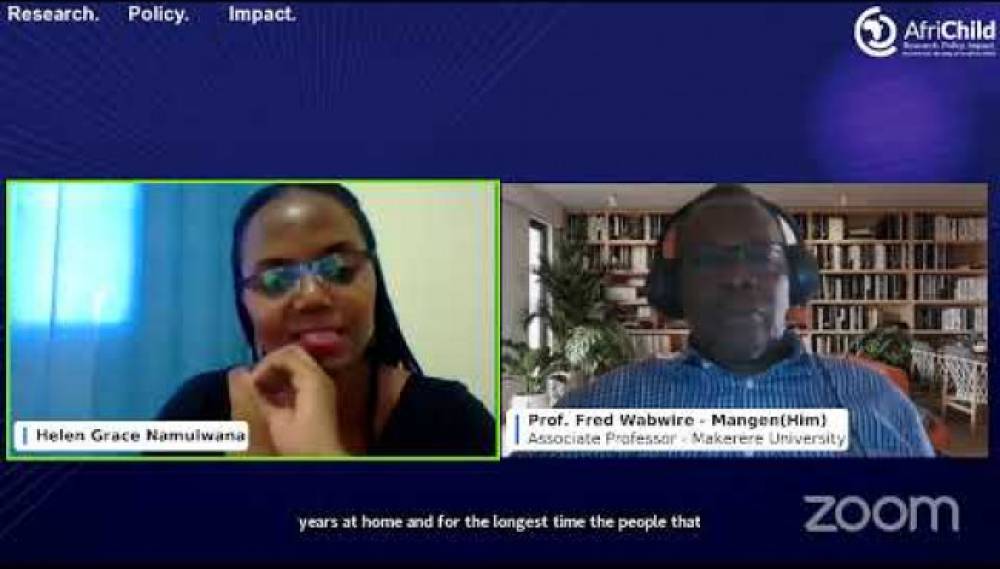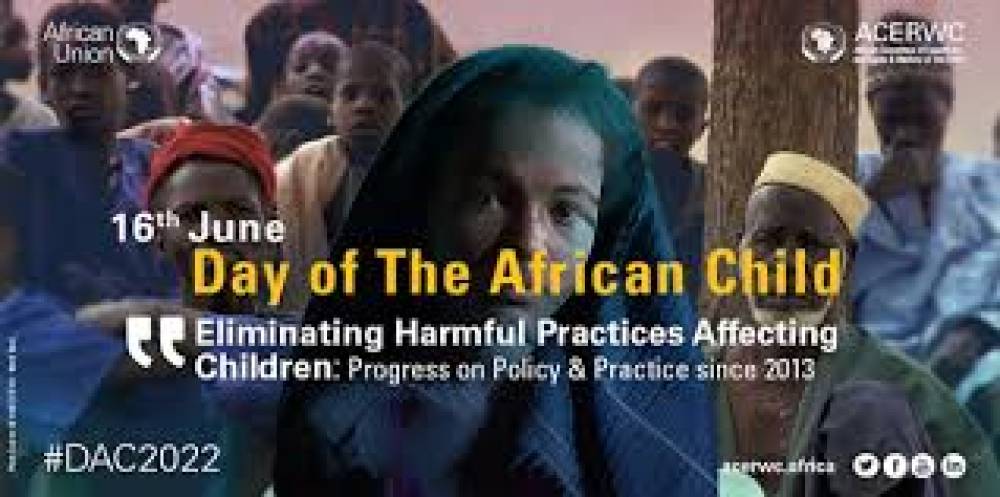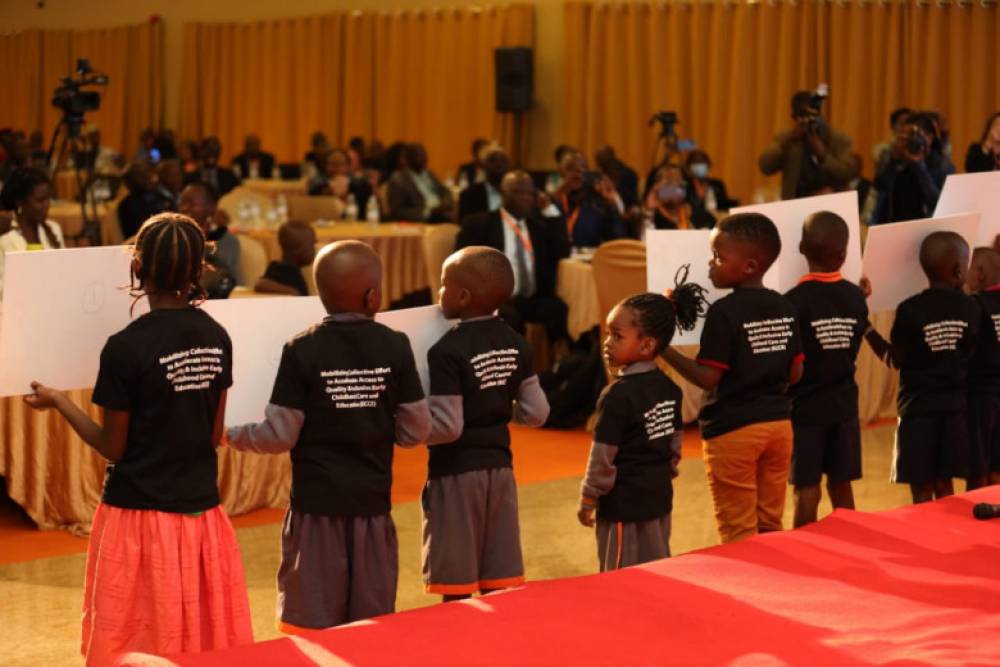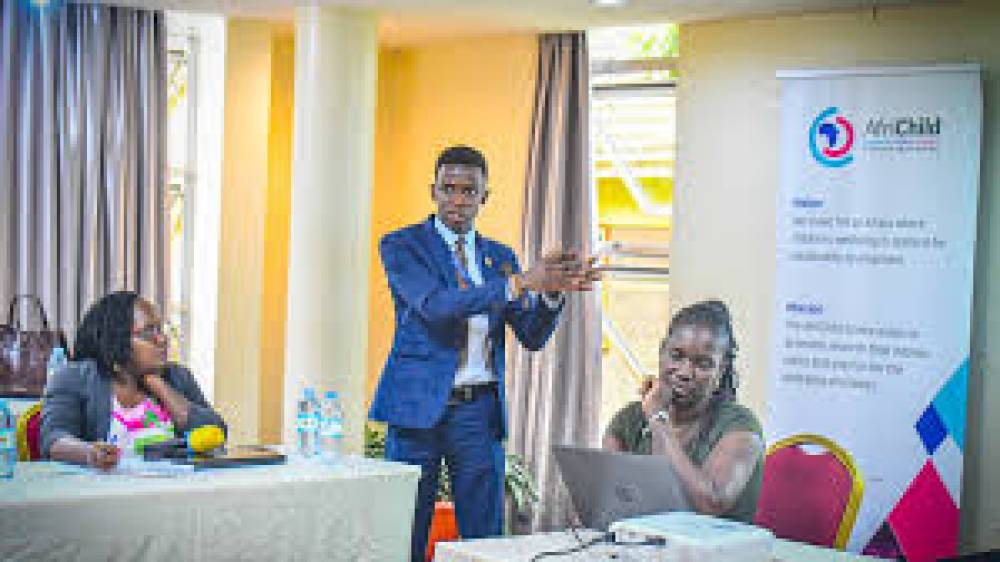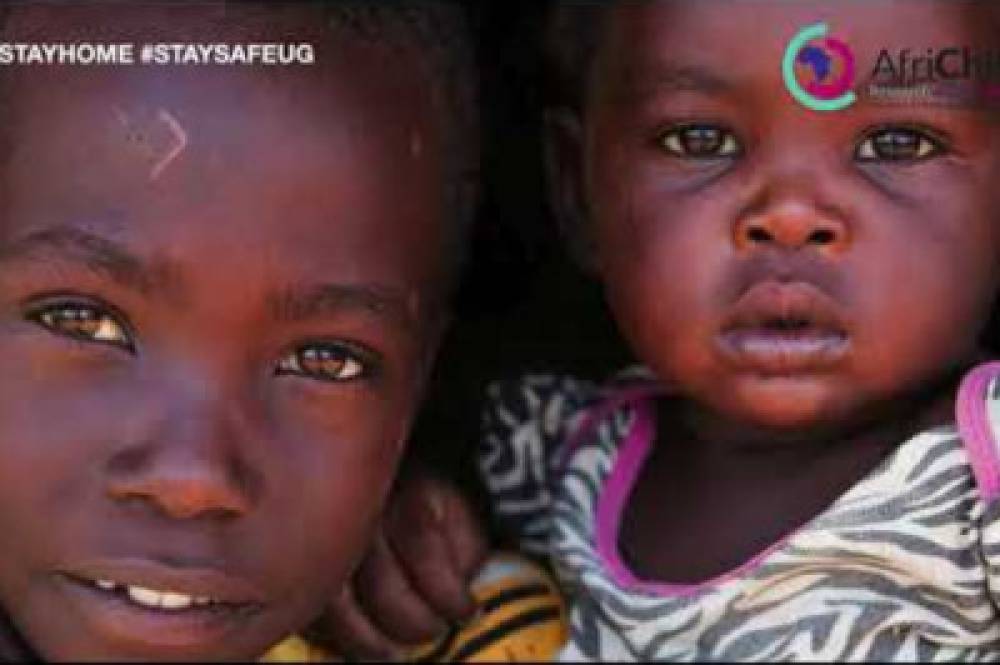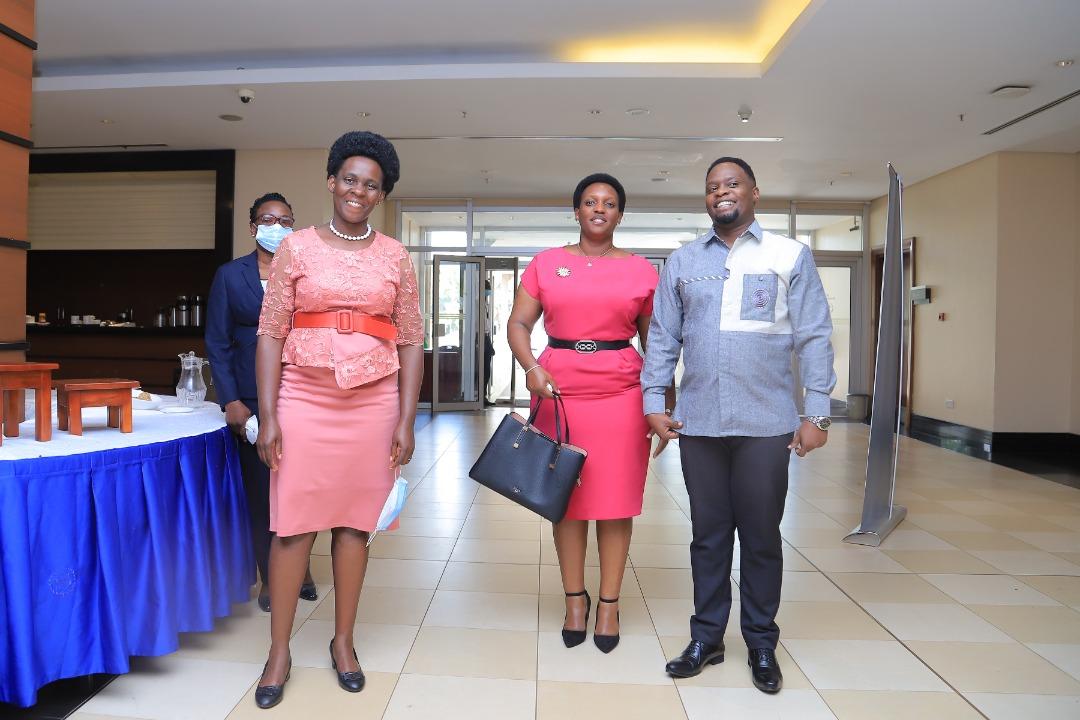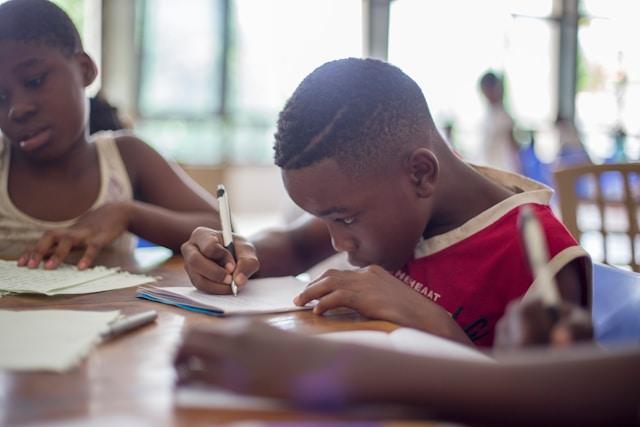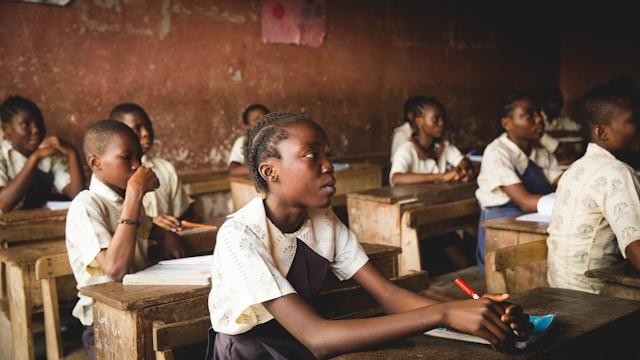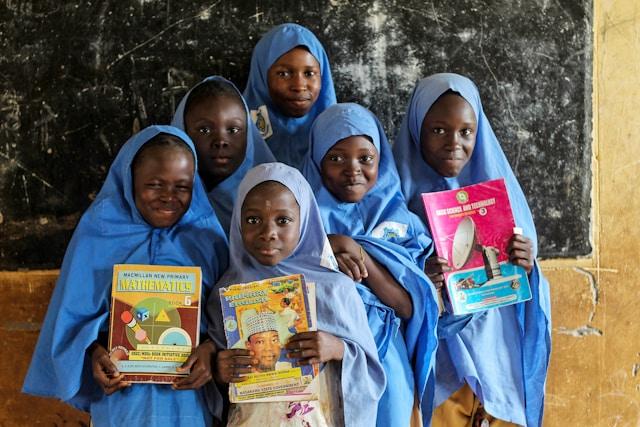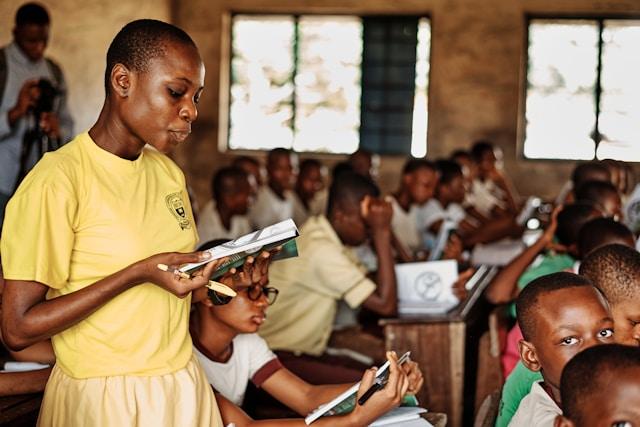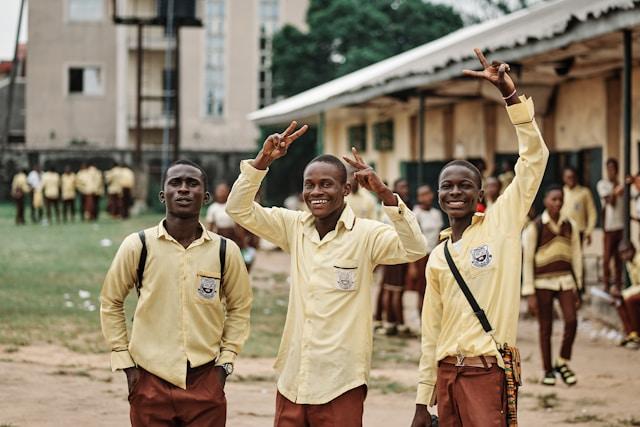Reflections on the STRETCH Co-Design Strategy Workshop: A Path to Transforming Refugee Child Wellbeing
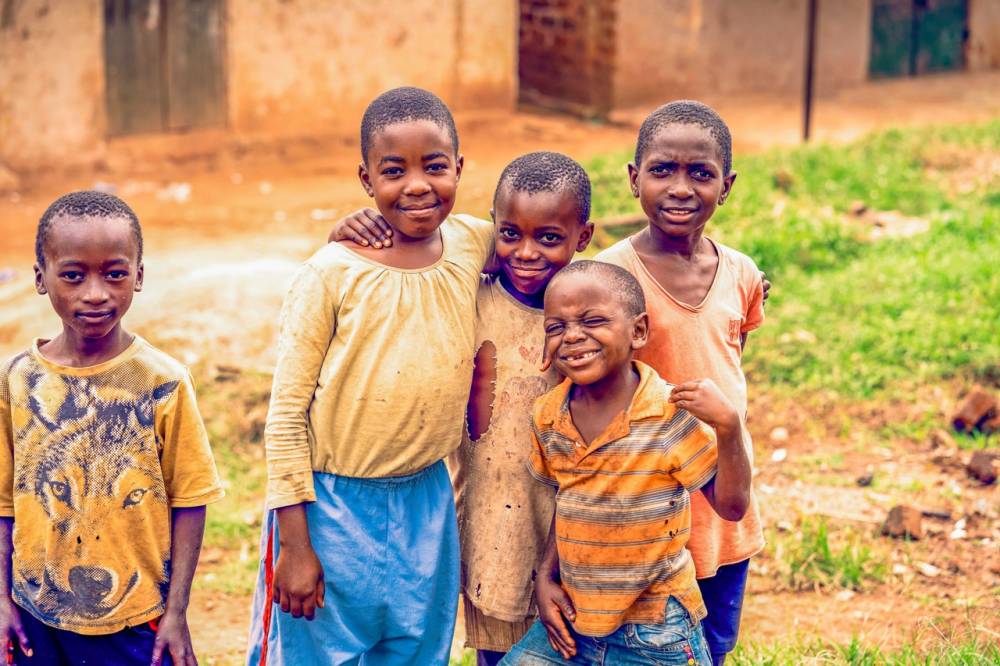
Reflections on the STRETCH Co-Design Strategy Workshop: A Path to Transforming Refugee Child Wellbeing
From September 16 to 19, 2024, the STRETCH Project hosted its Co-Design Strategy Workshop at Makerere University’s School of Social Sciences, bringing together a dynamic blend of researchers, community leaders, and collaborators. This pivotal event marked a crucial step in the broader initiative, Strengthening Research and Evaluation Capacity for Evidence-Driven Policies and Programs to Improve Refugee Child Wellbeing in Africa, spearheaded by the AfriChild Centre. The focus? Co-designing a sustainable Early Childhood Development (ECD) intervention within Nakivale refugee settlements.
Running from November 2022 to October 2025, the STRETCH Project is committed to generating culturally relevant evidence that enhances ECD programs and supports refugee children’s development. A key feature of the project is its community-led approach, which emphasizes that sustainable interventions are most successful when driven by the communities they aim to serve. By engaging refugees as active contributors, the project ensures that solutions are culturally sensitive and responsive to on-the-ground realities.
The workshop was designed to bridge academic research with community-driven solutions, fostering meaningful collaborations between researchers, Nakivale residents, and local organizations. Its overarching aim was to lay the groundwork for an ECD intervention tailored to the needs of the refugee community, while also ensuring its sustainability.
Key objectives included:
- Aligning stakeholders on the goals of the STRETCH Project.
- Sharing formative research findings from Nakivale.
- Co-developing a strategy for designing and implementing an ECD intervention.
- Identifying key areas for collaboration and planning how to effectively disseminate findings back to the community.
Researchers shared key insights from formative studies conducted in Nakivale, sparking lively discussions. Attendees collectively assessed the implications of these findings for the upcoming co-design process, agreeing on the opportunities and challenges ahead.
Through interactive group sessions, participants collaboratively developed a framework that clearly defines the roles, responsibilities, and contributions of each stakeholder. This co-design blueprint will guide future stages of the project, ensuring clarity and accountability for all involved.
A core part of the workshop focused on how best to share research findings with Nakivale residents in accessible and meaningful ways. Participants developed a dissemination strategy that includes a variety of communication formats, such as community dramas, forums, and local gatherings, to ensure that knowledge is shared broadly.
The workshop concluded with a detailed timeline for the project’s next steps, including specific milestones and deadlines. This roadmap will keep all stakeholders aligned and on track as they work together to design and implement the intervention.
The workshop fostered a sense of shared ownership and unified vision among all stakeholders. With a collaboratively developed co-design framework and a clear timeline, the STRETCH Project is well-positioned to make a lasting impact on the wellbeing of refugee children in Nakivale.
As the STRETCH Project progresses, the collaborative spirit nurtured at the workshop will remain central to its success. By involving the refugee community at every step, the project is setting a new standard for sustainable, community-led interventions. The STRETCH team extends heartfelt gratitude to all participants for their dedication and contributions. Together, we are moving closer to creating lasting, positive change for refugee children and their families.
Insights & Updates
Other related posts and resources
Child-based Strategies in Addr...
Child-based Strategies in Addressing Child-to-Child Violence in Primary Schools Part of the AfriChi...
Read MoreDay of the African Child 2022
Supporting Children to Thrive Holistically - Emily Atieno (DAC2022) Explore how AfriChild Centre is...
Read MoreEarly Childhood Care and Educa...
We continue to leverage our collaboration with the government of the Republic of Uganda while making...
Read MoreTraining of Policymakers and P...
The PPURE training program is one of the Centre’s flagship programs. PPURE was initiated in 2018 to...
Read MoreChild Labour: An Obstacle to E...
Child Labour: An Obstacle to Early Childhood Development Children constitute 60% (25.2 million) of...
Read MoreInsights & Updates
Explore AfriChild's Knowledge Hub
EXPLORE OUR RESOURCES
Unlock a world of useful resources in our Knowlegde Hub
-
Call Us
-
Email
-

 #AfriChild
#AfriChild